
We kindly inform you that, as long as the subject affiliation of our 300.000+ articles is in progress, you might get unsufficient or no results on your third level or second level search. In this case, please broaden your search criteria.

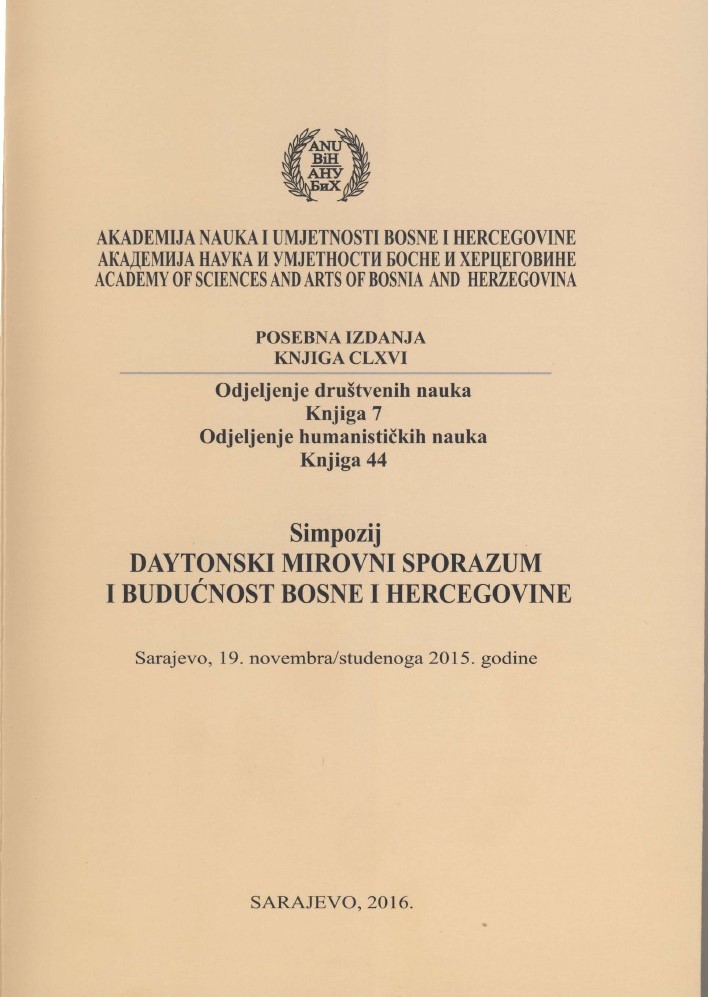
Although the Dayton Peace Agreement respects the ethnic, religious and cultural multilateralism of Bosnian-Herzegovinian society, in relation to the pre-war period, this multilateralism has undergone radical changes. In addition to the suffering of many people during the war and the massive forced displacement of population both to other countries, and within Bosnia and Herzegovina, negative demographic-structural trends have continued in the post-war period. There was a drastic fallin the birth rate, an increase in mortality and the average age of the local populace, emigration of young people of fertile age continued, as well as the emptying of rural areas, and the uncontrolled influx of population to urban centres that cannot provide the appropriate conditions for life. There was a deterioration of the earlier (pre-war) ethnological diversity of the society that characterized it throughout Bosnia and Herzegovina, and which, as a civilizational treasure,developed in this area over centuries.There was a territorial re-constitution of this country, whereby natural traits of the regions and subregions were disregarded, ie. geosystems, especially in terms of the entity demarcation, and in some cantons in the Federation of BiH. There was rather insistence on conqueringand “appropriation” of certain territories only for one of the peoples that live in this country.
More...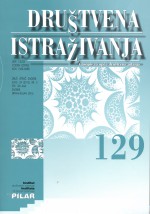
The aim of this paper is to test some of the assumptions of the Developmental Subjective Group Dynamics Model (Abrams, Rutland, & Cameron, 2003) on ad hoc groups of youth. The variables included were: a) differential evaluation; b) differential inclusion; c) intragroup bias; and d) group identification. It was assumed that the participants' age would moderate the relationship of intragroup bias and differential evaluation, while differential inclusion would be a mediator of this relationship. Furthermore, the moderation effect of group identification on the relationship of differential evaluation and differential inclusion was expected. The participants were students 12 to 16 years of age (N = 349). As assumed, the existence of differential evaluation, differential inclusion and intragroup bias was found. However, age had no moderating effect on the relationship between intragroup bias and differential evaluation. Intragroup bias had a direct effect on differential evaluation; however, this relationship was also mediated by differential inclusion. Furthermore, group identification moderated the relationship of differential inclusion and differential evaluation.
More...
This article focuses on youth unemployment and how entrepreneurialism may represent a viable alternative to traditional job seeking. It is our belief that the youth of today are capable of starting new enterprises which, over the long-term, can lead to viable and profitable busi-nesses. The article looks at the situation of the youth population with regard to employment and unemployment, addresses the possible motivations behind entrepreneurialism, and discusses the expected problems connected with start-ups. The analyses are conducted at two levels. The first is at the European and national levels where data from European Union respondents is compared to that of the respondents from the Czech Republic. The second is at the national and regional levels where data from the Czech Republic is compared to that of the respondents from Masaryk University. The aim is to isolate the potential motivations and barriers surrounding the establishment of new enterprises at each level and to determine if entrepreneurialism could be an attractive alternative to traditional job seeking within youth populations at the European, national and regional levels.
More...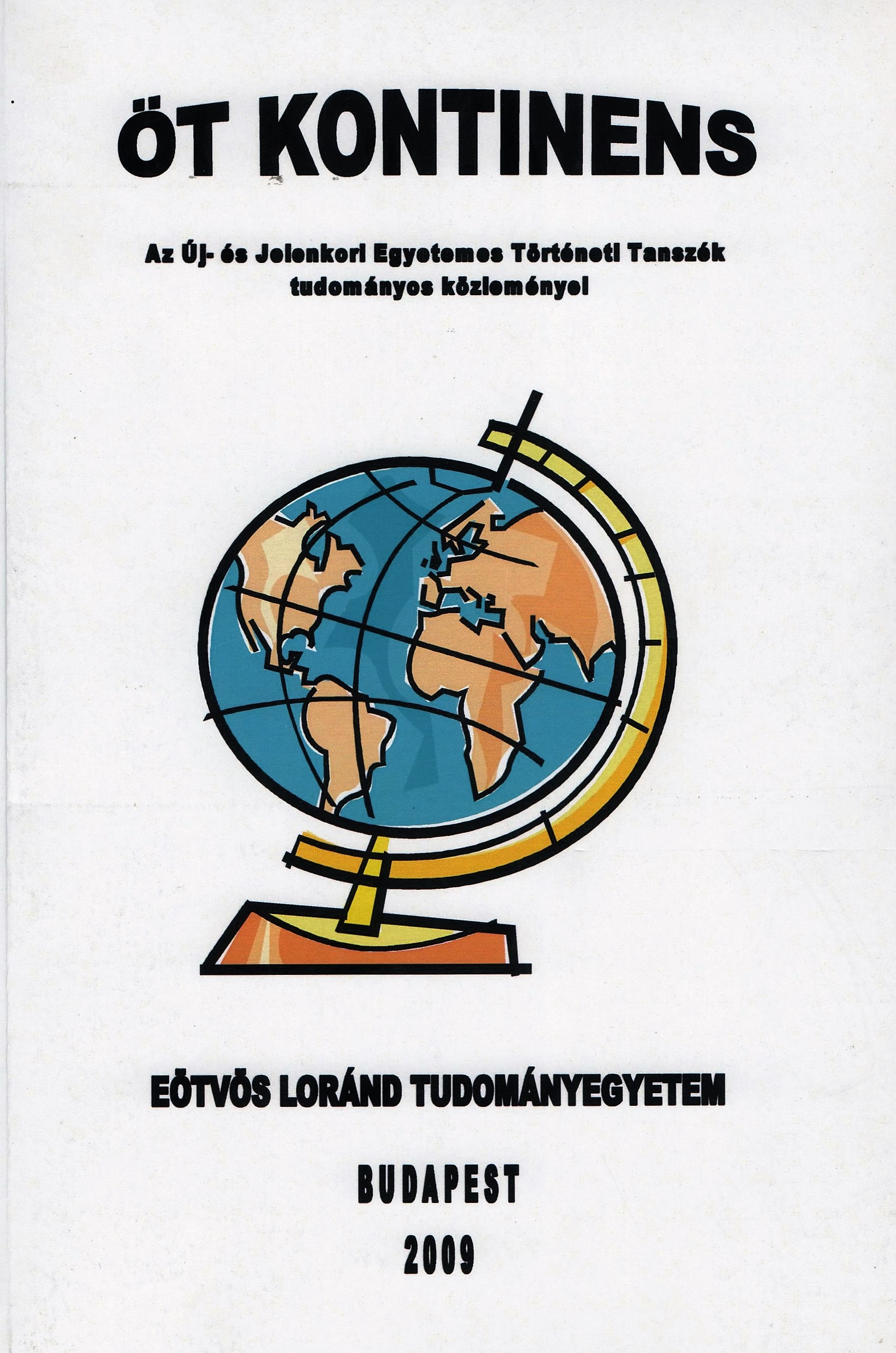
Questions of Federalism in India, the colonial past, the structure of the Society.
More...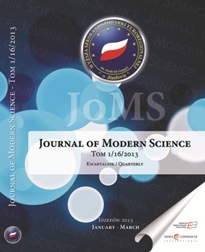
The realization of the contemporary crime detection process is based on the various forms, methods and means of criminal-intelligence activities. In theory as well as in practice there are many misunderstandings within the scope of the differentiation between individual of criminal intelligence institutions. Particularly, controversy concerning criminal intelligence methods taken to eliminate the occurrence of corruption. There is the need for formulation of correct definition of the institutions such as operational control as well as secret purchase.
More...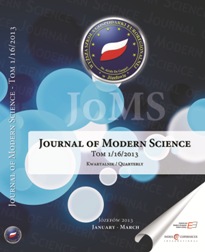
The article contains the fundamental problems of contemporary reality, which are taking place in Poland, a member of the European Union, in the social field. The term, social exclusion ‘’ has some definition in respect of the same social phenomena. the marginalization of individuals for a variety of reasons in social life. In addition, the article heavily stressed reasons for exclusion in Poland – in a democratic State. Existing solution in a very important area for individuals and entire social groups do not always passed the exam in our reality. Without much analysis you can concluded that this issue is not seen enough by the factors responsible for the current state of this negative phenomenon. That is politics and social security strategy does not go in an effort to meet the expectations of the subject, with is an individual – man.
More...
This essay represents an attempt to consider a possible strategy of political thought and action through reflection on the category of place, based on the one hand on the critique of identity politics, and on the other, on investing in contingency as a condition of the political. Through discussion on the common ground of queer theory and political theory of Jacques Rancière, I argue that the politics of belonging to any identity, regardless of whether the identity is essentialized or strategic, minoritarian or not, reduces opinion to a limited and predictable patterns, while opening the perspective for a different line of thinking and political action that aims to dislocate and abandon the place of identity, hence the inability to found or position oneself into the politically impotent, although easily recognizable and inclusive identity. Rancière’s concepts of the two regimes /the police and the political/ and his theory of the political subject as the one who is in-between, all reveal significant relations with the queer theory and its reflection on norms and subversion. The political, according to Rancière, represents the meeting of the two regimes – contestation between, on the one hand, the idea of government, gathering of people in the community and establishing consensus, based on a hierarchical distribution of positions/places (police), and, on the other hand, the practice that presupposes equality as the only universality (politics). What the political is for Rancière corresponds strongly to a queer understanding of anti-identitarian, anti-static, and anti-normative. As the theoretical concept of queer represents an effort to avoid placement in any identitarian categories, this resistance which queer provides towards any attempts to be closed into a recognizable definition, opens up opportunities for different political articulation from the contemporary minority (identity based) political projects.
More...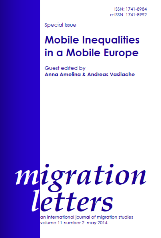
This introductory article of the special issue is based on the criticism of the sedentarist lens used in migration studies on social inequalities. It is organised around two questions: In what ways have forms of inequality and patterns of migration in the enlarged Europe been changed, and how should the nexus between migration and social inequality be rethought after the ‘mobility turn’ in the social sciences? First, the article proposes that the mobility turn and transnational sociology be combined to approach varieties of geographic mobility in the current Europe and that inequality analysis be conceptualised from a ‘mobile perspective’, meaning that forms of mobility and patterns of inequality be considered as mutually reinforcing. Second, Europe is considered as a fragmented and multi-sited societal context, which is co-produced by current patterns of mobility. The article discusses recent societal shifts such as supranationalisation and the end of social-ism in the Eastern part of Europe (among many others) and identifies the concept of assemblage as a useful heuristic tool both for migration studies and European studies. Third, the final part illustrates how the contributions collected in this special issue ad-dress the challenges of the sedentarist lens and provide conceptual solutions to the analytical problems in question.
More...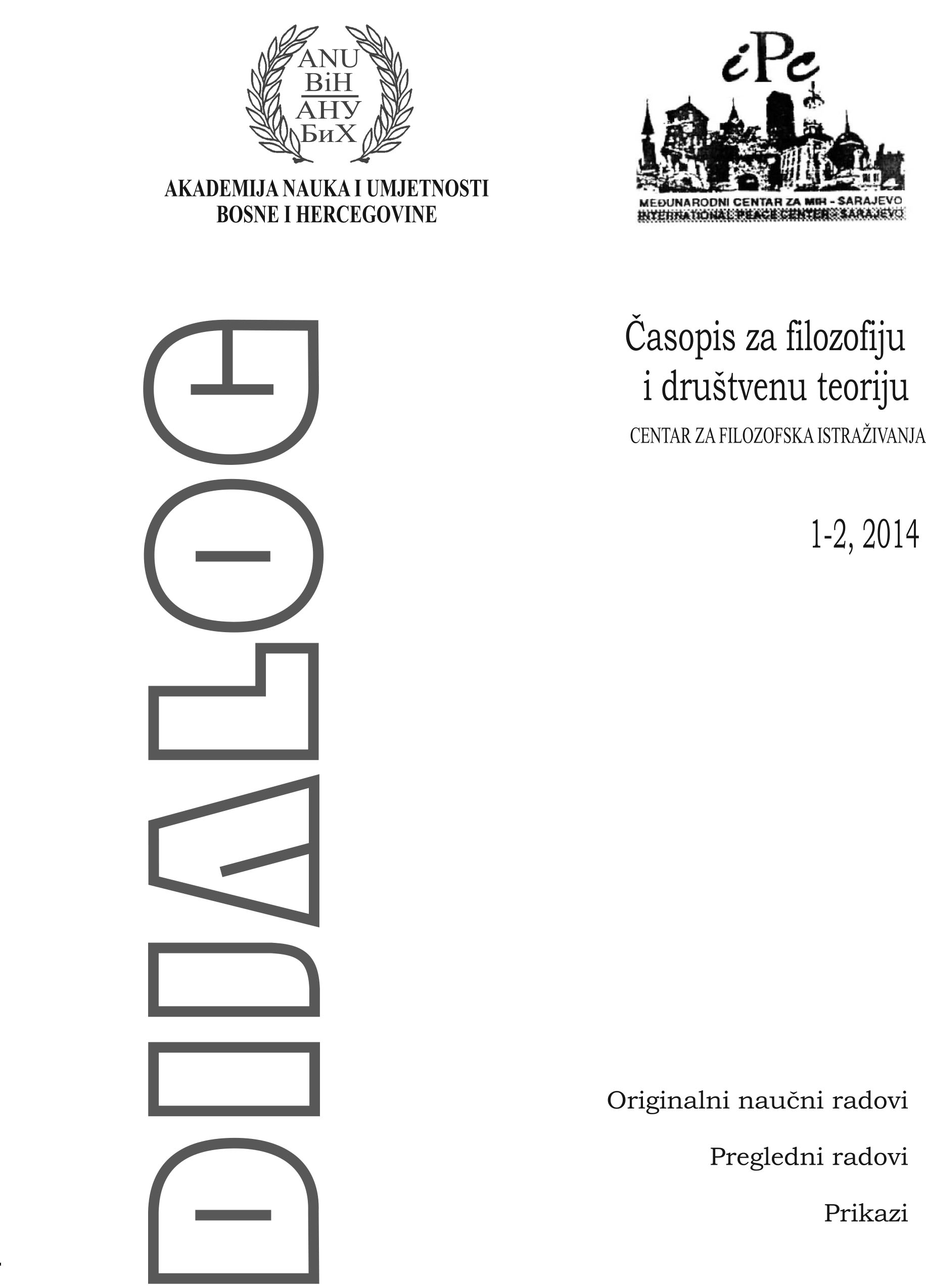
Globalization is a very powerful contemporary process of integration of the world into one entity which is controlled by powerful institutions of financial capital. It is based on principles of neo-liberalism and completely opposed to poor peoples and their states. Measures of neo-liberal economy increase unemployment and poverty by showing its contradiction – on one side they develop economic productiveness, technological and social development, and on the other side poverty and unemployment. So the neo-liberal globalization is shown as a continual continuation of neo-colonialism and neo-imperialism.
More...
The recent research of the World Health Organization and the World Bank (June 2011) shows that persons with disabilities constitute 15% of the world’s population. Over the past two decades one increasingly approaches the situation of the persons with disabilities from the human rights perspective. Persons with disabilities have the same human rights and freedoms like other human beings. However, in practice persons with disabilities often face barriers to enjoyment of their human rights, as well as discrimination and inequality. Experts and scholars can make significant contribution to awareness raising, they can point out the unfavorable situation which persons with disabilities face and promote the idea of their equality. Institute for Advancement of Legal Studies CUPS from Belgrade made significant contribution to combatting discrimination and promotion of equality of persons with disabilities in Serbia in the course of the past decade. Organizing the summer school „Prohibition of Discrimination against Persons with Disabilities“ at Faculty of Law in Belgrade, September 20th – 24th 2010. is an excellent example how academic community can contribute to the advancement of a marginalized social group – in this case, persons with disabilities. Following the above mentioned actions of Institute for Advancement of Legal Studies CUPS and Faculty of Law, the „Hereticus“ journal published 2 special editions dedicated to combatting discrimination against persons with disabilities, thus contributing significantly to the awareness raising pertaining to this important social issue. By including the essays and scientific work of the leading experts in the field of human rights of persons with disabilities, „Hereticus“ brought this issue into the focus of the academic community. One can improve the situation of persons with disabilities and overcome the gap between the provisions of laws and often cruel and ignorant lack of its im plementation in practice solely through the joint ac-tion of experts, scholars, academic community, persons with disabilities and their organizations, media and decision-makers.
More...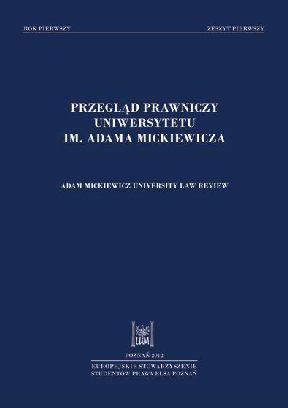
The aim of the study is to evaluate the private property as a factor regulating modern social differences. Proving the proposed hypothesis the author focus on the financial state, position and class as a forms of social differences in the context of the civil law system.
More...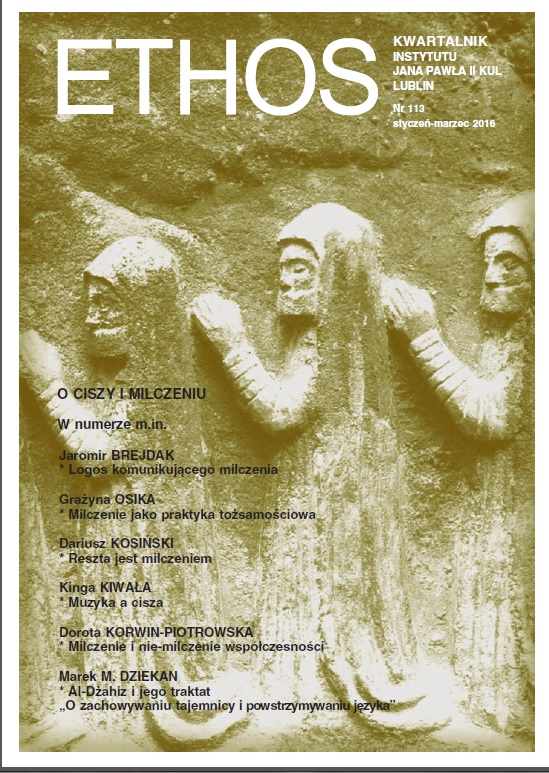
The article presents an interpretation of the process of mythologizing the Roma by placing them in the role of a ‘significant Other’ in the European modernity. In this process, the real Roma have been substituted by the phantasm of a ‘Gypsy’ which condenses anxieties and repressed desires of modern individuals. The author’s intention is to deconstruct the question of why the Roma keep silence regarding their history, which tacitly—and wrongly—assumes that silence equals forgetting. This question is in the course of the argument substituted with a different one, namely, of why, until very recently, the Roma have been perceived as a people without history, living in an eternal present and disregarding both the past and the future. To provide the answer, the author refers to the Lacanian terminology as employed in the Critical Theory and presents the idea of non-historical ‘Gypsies’ as a phantasm of the split modern subject that constructs ‘Gypsies’ on the one hand as a barbarian obstacle to the process of modernization and, on the other hand, as those whose ‘undeserved pleasure’ is a projection of the repressed dreams of modernity. Next, it is argued that genealogy of memory as studied within memory studies, that is the process that leads from individual memories, through social memory, to collective one and the other way around, is based on the same logic as the genealogy of modern subject and involves coercive mechanisms such as differential deprivation of history, silencing, muting, and erasing of the memories that do not fit the institutionally legitimized vision of history. The Roma are therefore presented here not as silent about their history but as forcibly muted, and the marginalization of their memory as part of their social exclusion. In conclusion, it is argued that the phantasm of a ‘Gypsy’ served as an ideological rationalization of the genocide of the Roma during the Second World War and thus that there is a close affinity between the genealogy of modern subject, the silencing of memory, and the crime of genocide.
More...
Report from the Interdisciplinary Scientific Conference "Social Conflict. Conditionality - Specificity - Overcoming - effects", Poznań, 12 December 2014 Sprawozdanie z Interdyscyplinarnej Konferencji Naukowej „Konflikt społeczny. Uwarunkowania – specyfika – przezwyciężanie – skutki”, Poznań, 12 grudnia 2014 roku
More...
This paper presents the concept of trust as a precondition of individuals' adaptation to a complex social environment. Numerous studies show that trust in state and other institutions is declining, which presents a problem since trust is also a basic strategy for coping with an uncontrollable future for individuals, networks and communities. Trust is created in various ways through social interaction, which means that it is a dynamic aspect of human relationships that can be initiated, maintained, lost etc. It is important to see what characteristics influence the levels of trust that people have, and to bear in mind that it is an important element of negotiation in everyday life, as that it is connected to dimensions of power and risk-taking. In addition, this paper analyzes the concept of ontological security in the context of detraditionalization and the risks of modern society. This concept refers to the individual's fundamental sense of security in world, and it includes a basic sense of trust in others. Ontological security is necessary for a person to maintain a feeling of psychological wellbeing and to avoid existential anxiety. It is closely related to the phenomenon of trust, since trust is of crucial importance for the experience of the external world as being stable and coherent. To be ontologically secure, and to avoid existential anxieties, means that individuals can offer "answers" to the fundamental existential questions, including questions about the existence itself, and about the logical framework of external reality. The concept of ontological security is also crucial because it explains the social and socio-psychological mechanisms of survival and reproduction of social institutions through the everyday actions of individuals. Routinization and practical consciousness are being distinguished as the key mechanisms for this process. Finally, this paper demonstrates that the variables of trust and ontological security are especially important when it comes to the marginalized populations and populations that are being discriminated against. In this way, we show the theoretical and practical importance of the phenomena such as trust in others, a generalized sense of security, addressing the others in difficult situations and so on. Also, (the lack of) trust and ontological security are of great significance in the context of post-socialist societies that are often faced with ubiquitous problems of distrust, dishonesty and existential anxiety. In most cases, the marginalized and discriminated groups express trust and feel safest within their family, and perform most of their interactions within the primary social groups. In other words, the reactions of these populations to the modern societal risks are reflected in their relatively low levels of confidence in the wider community and other people, which is an important issue that must be addressed in an adequate manner.
More...
This paper presents and analyzes minority identities from the perspectives of affect control theory and identity control theory. These are the contemporary sociological theories of social interaction and social emotions, which refer to the phenomenon of social identity of an individual as well. The control mechanisms of affect and identity as generators of (minority) identities are analyzed, together with the analysis of social emotions and social meanings within the context of social interaction and social structure. In this manner, the affect control and identity control theories are presented as a valuable theoretical framework for an explanation of human social behavior with important consequences for the phenomenon of minority identity endurance and for the policies of preserving and nurturing minority identites.
More...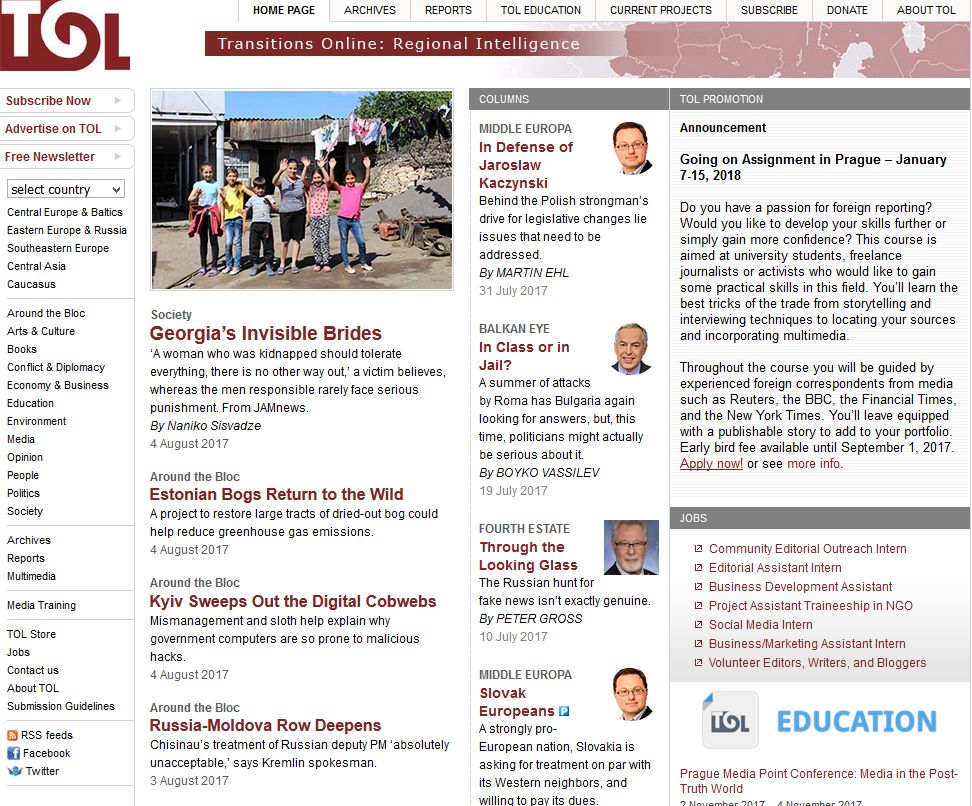
When a teacher in Lithuania likened gays to serial killers earlier this year, the resulting firestorm highlighted again the lack of required sex ed in schools – and the consequences. By Linas Jegelevicius
More...
The aims of the research include determining the difference in specific forms of midlife crisis manifestation (the Marmor Тheory) as well as the type of deep psychological changes occurring in individuals (the Levinson Тheory) during midlife crisis among the scores of subjects of different ages and gender. The following instruments were used: the Midlife Crisis Scale, the Sex-Role Inventory, the adapted Loyola generativity scale, the adapted scale of preferred aloneness, and a list of the subjects’ basic biodata. The sample included 600 respondents of which 200 were middle-aged, 200 were younger and older. The results demonstrated a difference in individual experiences and behaviors, characteristic of midlife crisis manifestation in individuals. To determine the difference in the degree of prominence of certain variables between the groups of subjects the following tests were used: the Mann-Whitney U-test and Kruskal Wallis test. The results show that the mechanism of denial with overcompensation is most pronounced between 25 and 30 years (χ2= 167,810, df = 10, p <0.001), decompensation (χ2= 44.524, df = 10, p <0.001) and the mechanism of denial with escape are most pronounced between 50 and 54 years (χ2= 160,904, df = 10, p <0.001), while creative and successful confrontation with crisis is most pronounced between 60 and 64 years (χ2= 196,810, df = 10, p <0.001). That means that the Marmor’s theory is adequate when analyzing external manifestations of midlife crisis, but that the Levinson’s theory needs to be revised when determining the boundaries of occurrence and the process of deep internal changes characteristic of this crisis. More precisely, this suggests that finding a new balance between masculinity and femininity (χ2=237.898, df=10, р<0.001), youth and old age (χ2=379.456, df=10, р<0.001), life gains and losses (χ2=40.136, df=10, р<0.001) and closeness and separation (χ2=27.919, df=10, р<0.001) is a long-term process and that most people, much later in life, become really aware of changes that took place in structure and internal dynamics.
More...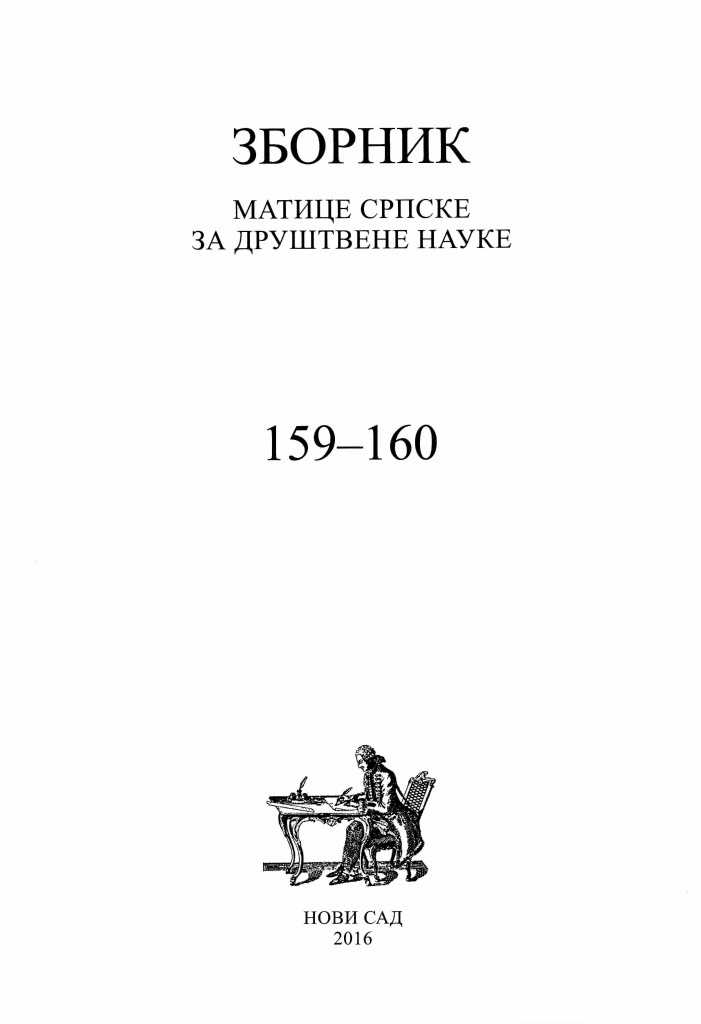
Accessibility of audiovisual content for people with disabilities is strongly related to the right of freedom of opinion and expression, right to the equal treatment and the right to freedom from discrimination. UN, Council of Europe and the European Union regulate the issue of accessibility, including the accessibility of information and communication technology, ICT, by a number of documents − conventions, charters, directives, etc. However, the most important international instrument stressing this issue in the context of human rights is the UN Convention on the Rights of Persons with Disabilities. Enormous developments in the field of ICT open up a large scope of opportunities for persons with disabilities to have barrier-free access to the audiovisual content. Among other things, digital distribution should make the audiovisual content fully accessible to all. The legal framework of the Republic of Serbia regulating this issue in general is in line with European standards, however, the percentage of fully accessible audiovisual content is far below acceptable in Europe. Stronger obligations for private and public broadcasters to provide fully accessible media content, the introduction of quotas, giving new and more binding powers to telecom and media regulatory body, etc., are some of the ideas that, applied in Europe, had generated much better situation in the audiovisual area for people with sensory impairments. Without redefined and more binding obligations of broadcasters, without larger powers of regulatory bodies, which would mean the possibility of introducing sanctions for certain actions or lack of action of both public and private media services, at this level of social responsibility awareness, media service providers can always refer to the lack of technical and financial capacities in their response why they did not provide accessible content in their programs. Hence, only with great optimism it can be expected that audiovisual area in Serbia in the near future will be barrier-free in a more significant extent in order to finally achieve the goal of audiovisual world accessible to all.
More...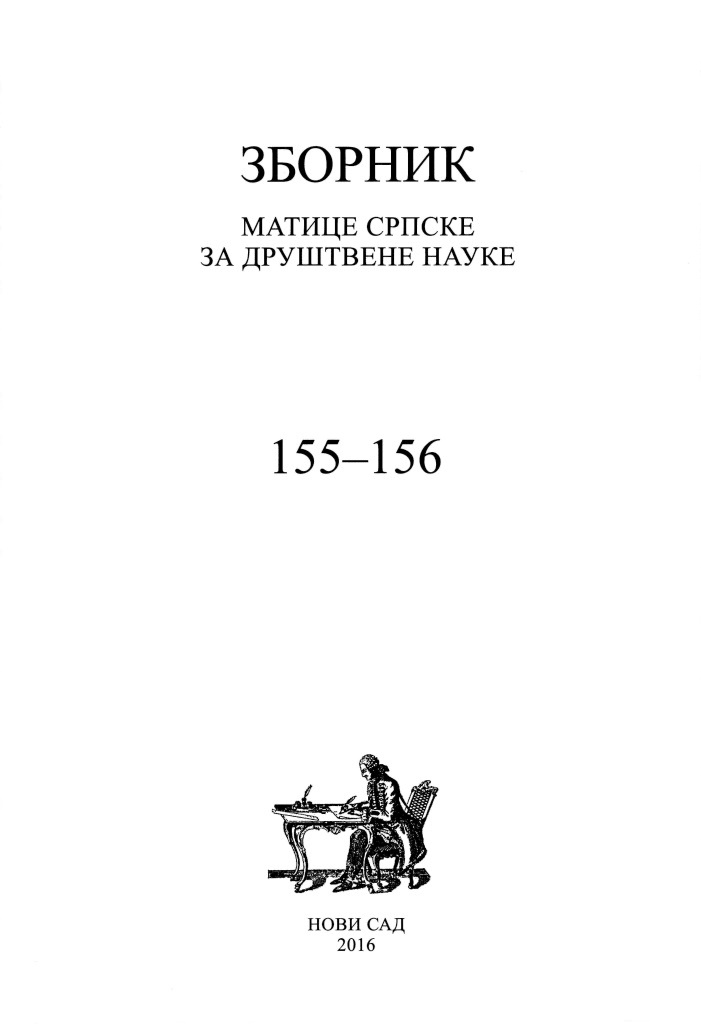
Homophily is a prominent feature of social networks and consistent structural feature of societies and their segments. Defined as a tendency towards “joining with their own kind,” homophily represents a condition in which the participants in interaction have one or more common social attributes, above the level which can be predicted by the basic model of random grouping. This paper analyzes the nature and types of homophilic interactions, focusing on the many types of homophilic networks among a wide range of dimensions in which the similarities in the social attributes of the individuals cause homophily. Special attention is paid to the origin of homophilic interaction, the impact of structural constraints on patterns of homophily, as well as cognitive processes that cause a greater likelihood of interaction between people who have similar social attributes.
More...